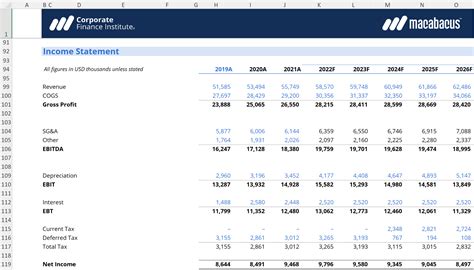Breaking Free: Challenging Limiting Beliefs in Fitness and Finance
For men, the intertwined paths of fitness and finance often come with unspoken pressures and deeply ingrained societal expectations. These can manifest as limiting beliefs – subconscious thoughts that hinder progress and prevent individuals from reaching their full potential. From the pressure to be ‘strong’ in the gym to the burden of being the ‘sole provider’ financially, these beliefs can create invisible walls. However, by adopting specific mindset reframes, men can dismantle these barriers and cultivate thriving lives.

Identifying the Invisible Chains: Common Limiting Beliefs
Limiting beliefs are often subtle, masquerading as objective truths or common sense. In fitness, men might believe, “I’m too busy/old to get in shape,” or “I must lift heavy to be a real man,” leading to injury or burnout. Others might feel, “Taking time for self-care, like working out, is selfish when there’s so much else to do.” These beliefs often stem from outdated notions of masculinity or personal insecurity.
Financially, the landscape is equally fraught. Common limiting beliefs include, “I have to be the sole financial provider, no matter the cost,” “Talking about money shows weakness or failure,” “Investing is too complicated or risky for me,” or “I deserve to spend on impulse because I work hard.” These can lead to isolation, poor financial decisions, and chronic stress, preventing effective planning and wealth building.
Reframing Fitness: From Burden to Empowerment
The key to overcoming these beliefs lies in conscious reframing. For fitness, instead of “I’m too busy,” reframe it to, “Even 15 minutes of activity today is a win for my long-term health and energy.” Shift from “I must lift heavy” to “My body’s health and longevity are paramount; consistency and proper form are more important than ego.” The idea that self-care is selfish can be transformed into, “Prioritizing my physical well-being makes me a more resilient, present, and capable man for my responsibilities and loved ones.” Focus on sustainable habits and intrinsic motivation rather than external validation.

Reframing Finance: From Pressure to Partnership and Prudence
In finance, the reframes are equally powerful. Instead of “I must be the sole provider,” adopt “Financial well-being is a collaborative effort; open communication and shared responsibility lead to stronger partnerships and greater security.” Replace “Talking about money shows weakness” with “Transparent financial discussions are a sign of maturity, strength, and trust, enabling better planning.” For those intimidated by investing, reframe it as, “Learning about investing is a vital skill for securing my future, and I can start small and seek guidance.” And the “I deserve it” impulse can shift to, “Mindful spending aligned with my values and long-term goals brings greater satisfaction than fleeting gratification.”

The Overarching Mindset: Growth and Self-Compassion
Underpinning all these specific reframes is a fundamental shift towards a growth mindset and self-compassion. A growth mindset embraces challenges as opportunities for learning and improvement, seeing setbacks not as failures but as valuable feedback. It encourages persistence and adaptation, essential qualities in both the gym and the market.
Self-compassion is equally vital. Men often face immense pressure to be stoic and invincible, leading to harsh self-criticism when they fall short. Instead, treat yourself with the same kindness and understanding you would offer a friend. Acknowledge struggles, understand that progress isn’t linear, and forgive imperfections. This compassionate approach fosters resilience and enables continued effort without the debilitating weight of shame or guilt.

Ultimately, transforming limiting beliefs in fitness and finance is not about instant perfection but about continuous, intentional effort. It’s about recognizing the stories you tell yourself, questioning their validity, and consciously replacing them with empowering narratives. This process empowers men to build healthier bodies, secure financial futures, and foster a robust sense of self that can weather any storm. By choosing a mindset of growth, resilience, and compassion, men can unlock their true potential in every aspect of life.





